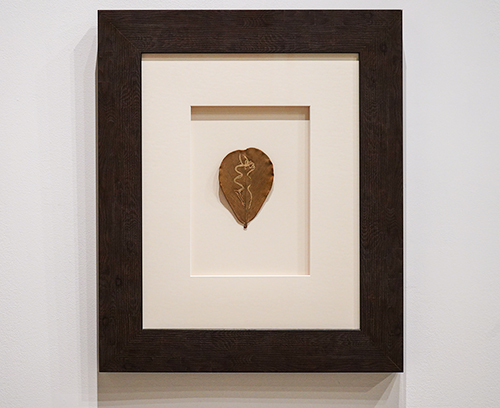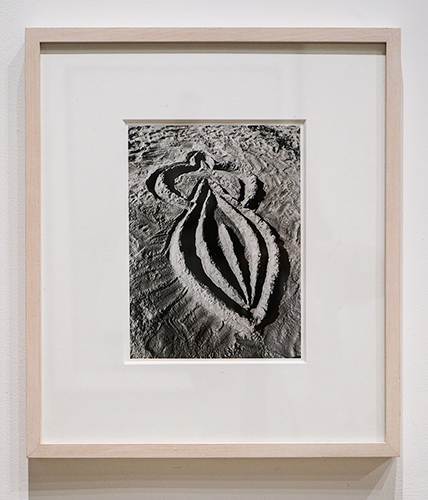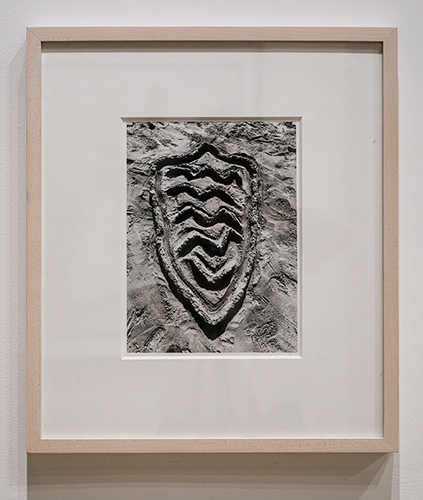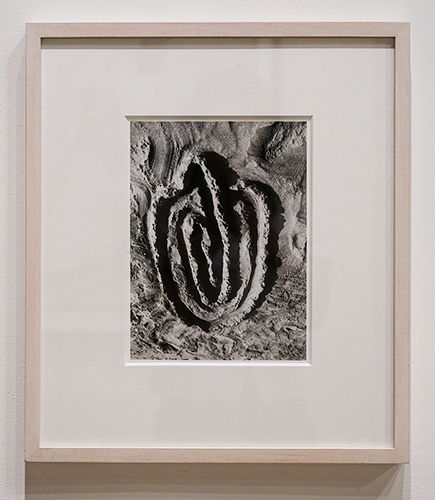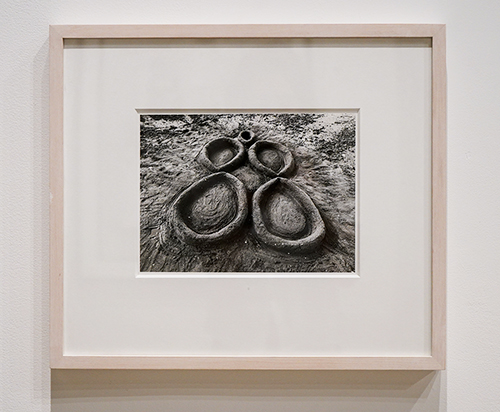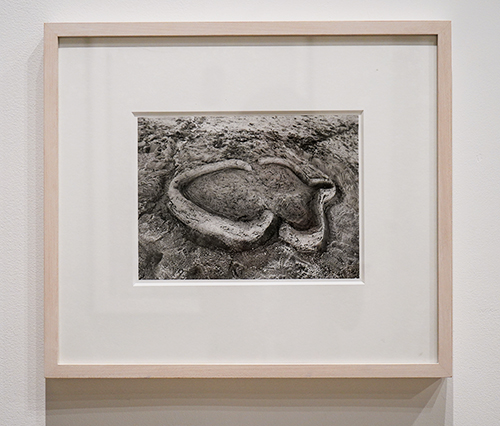ARTIST INFORMATION
“Art is a material act of culture, but its greatest value is its spiritual role, and that influences society, because it’s the greatest contribution to the intellectual and moral development of humanity that can be made.”
Ana Mendieta was a conceptual artist who primarily worked with natural landscapes and her body across a range of mediums. From photography, to video activations and found sculptures, she created a continuous, visual conversation about the ways in which the aesthetics and rituals of the natural world converge with the trying experience of being a woman. Born in Havana, Cuba in 1948, Mendieta was exiled from her homeland at the age of twelve through, the Operation Pedro Pan, which saw the mass exodus of more than 14,000 unaccompanied minors relegated to the United States from 1960 to 1962. Sentiments of isolation rooted in exile and displacement leaked into her work, a result from having spent time separated from her mother and younger brother in refugee camps and foster homes throughout Dubuque, Iowa. She attended the University of Iowa, earning a BA in art in 1969 and an MA in painting in 1972. Mendieta then went on to study under the tutelage of Hans Breder, where she began her exploration into organic materials and the female body. Her travels to Mexico and Cuba, her time studying with Breder, along with a friend’s tragic rape, distilled Mendieta’s visual language. She focused on blood and violence toward women in her work, along with an intense interest in spiritualism, religion, and rituals found within Catholicism and Santeria.
In the mid-1970s, she started exhibiting on an international scale, eventually moving to New York City in 1978, where she presented a solo exhibition of photographs at A.I.R. Gallery in 1979. After her untimely death in 1985, the New Museum of Contemporary Art held the first posthumous survey exhibition on Mendieta’s work in 1987, and in 2004, the Hirshhorn Museum and Sculpture Garden in Washington, D.C. organized a traveling retrospective titled Ana Mendieta: Earth Body, Sculpture and Performance 1972-1985, which traveled to the Whitney Museum of American Art, the Des Moines Art Center, and the Miami Art Museum. Mendieta was awarded the John Simon Guggenheim Foundation Fellowship and a National Endowment for the Arts grant in 1980 and posthumously awarded a Lifetime Achievement Award by the CINTAS Foundation in 2009. Her works resides in the public collections of the Solomon R. Guggenheim Museum, New York City, NY, the Metropolitan Museum of Art, New York City, NY, the Whitney Museum of American Art, New York City, NY, the Museum of Modern Art, New York City, NY, the Art Institute of Chicago, Chicago, IL, the Centre Pompidou, Paris, France, the Musée d’Art Moderne et Contemporain, Geneva, Switzerland, the Tate Collection, London, England.
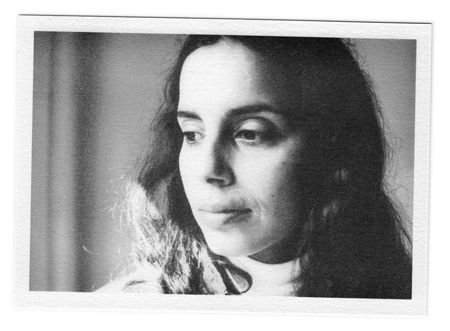
The Estate of Ana Mendieta Collection, LLC, via Galerie Lelong & Co.
